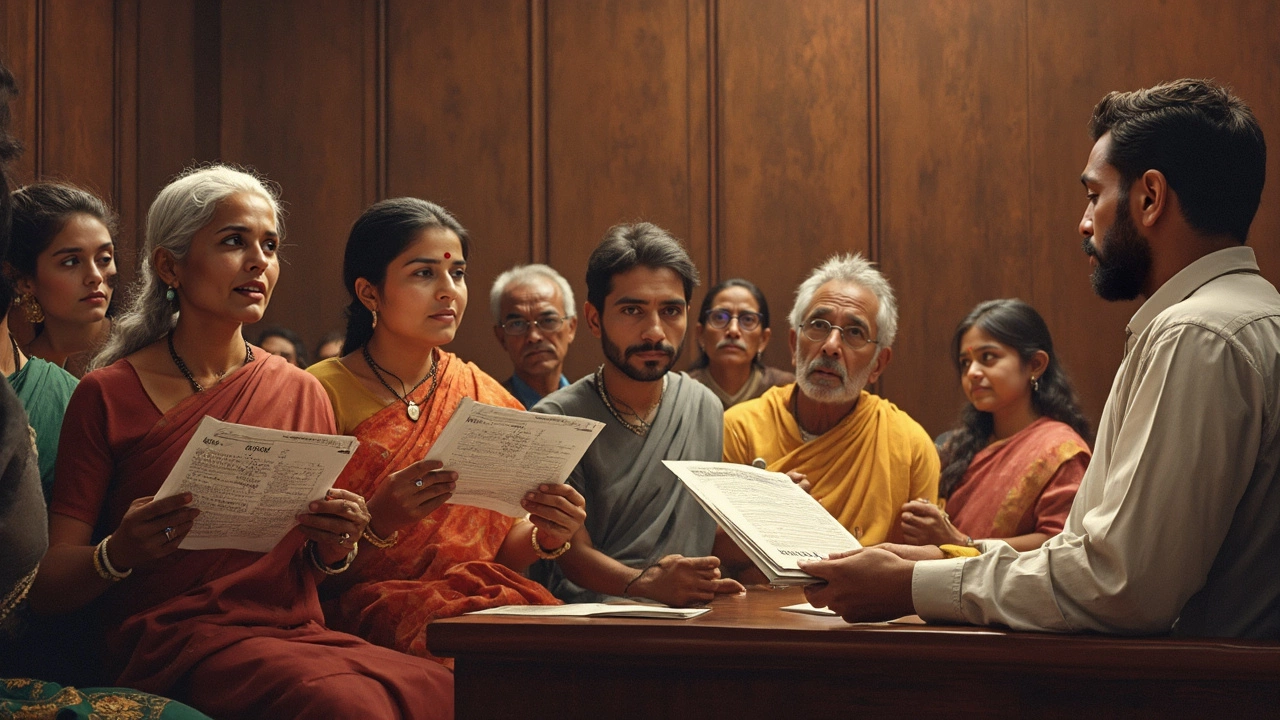Injury Lawyer: How to Choose the Right One and Get the Compensation You Deserve
Got hurt and not sure what to do next? An injury lawyer can turn a confusing mess into a clear path toward payment for your medical bills, lost wages, and the pain you’re feeling. The right lawyer knows the rules, talks to insurers, and fights for the amount you actually need.
What Makes a Good Injury Lawyer?
First, look for experience. A lawyer who has handled cases similar to yours—car accidents, slips, or medical malpractice—will know the right questions to ask and the evidence to collect. Check their track record: successful settlements or verdicts show they can get results.
Second, consider communication. You should get straight answers without legal jargon. If a lawyer takes forever to return a call, you’ll likely face the same delays later. Transparency about fees is also key; most injury lawyers work on a contingency basis, meaning they only get paid if you win.
Third, trust matters. You’ll share medical records, personal details, and sometimes sensitive photos. A lawyer who respects your privacy and explains each step will make the process less stressful.
Steps to Take After You’re Injured
1. Get medical help right away. Your health is the top priority, and medical records become the backbone of any claim.
2. Document everything. Take photos of the scene, keep receipts for expenses, and write down what happened while it’s fresh in your mind.
3. Avoid talking to insurance adjusters without a lawyer. They often try to settle quickly for less than you deserve.
4. Reach out to an injury lawyer as soon as possible. Early contact means they can preserve evidence and start building your case before details fade.
5. Follow your lawyer’s advice on statements, social media posts, and further medical visits. Consistency helps keep the claim strong.
When you meet a lawyer, they’ll ask for the accident report, medical reports, and any bills you’ve paid. They’ll then assess liability, estimate damages, and outline a strategy—whether that’s negotiating a settlement or preparing for trial.
Most injury cases settle before reaching court. Your lawyer will negotiate with the insurer, using the evidence you gathered to push for a fair payout. If a settlement falls short, they’ll be ready to file a lawsuit and take the case to trial.
Remember, you don’t have to pay upfront. A contingency fee means the lawyer gets a percentage of the final award, so they’re motivated to maximize your compensation.
Bottom line: an injury lawyer does more than write letters. They protect your rights, handle the legal paperwork, and fight for the money you need to recover. Choose someone with experience, clear communication, and a fee structure you understand, and take the steps above right after the injury. That’s how you turn a painful event into a fair resolution.

Proving Damages: The Evidence You Need in a Personal Injury Case
Ever wondered what kind of proof actually convinces a court or insurance company that you really got hurt? This article breaks down the key types of evidence you’ll need to collect to show your losses after an accident. From medical bills to photos and even your own testimony, every piece adds up. Learn which details matter most, what can go wrong if you miss something, and why good evidence can make or break your case.